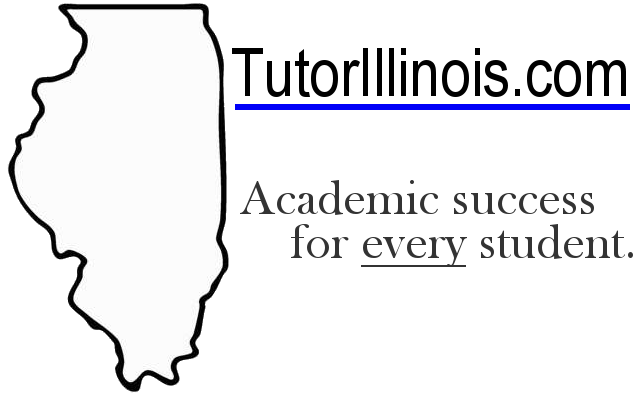One foundational tool of Algebra (perhaps the most important tool) is factoring. Others are translating graphs with the use of ‘h’ and ‘k’, and stretching and shrinking graphs with constant multipliers. With these, and a quick review of the Pythagorean Theorem, a student already understands most of what she needs to know to transition smoothly into conic sections.
Periodically asking students to apply tools that they have previously studied helps to reinforce these tools into long-term memory, and helps them to gain intuitive understandings of when, where and how tools can be used.
Something else that is very important for student success is keeping students engaged, and showing a real interest in their success. This listening to what students wish to share about their lives outside of mathematics, congratulating them on their successes, commiserating on their struggles, and maintaining an active interest in their classroom successes and study habits (such as by opening lessons with specific questions on things that have happened since the previous lesson). Students know that when I work hard with them to help them internalize difficult concepts and present their knowledge confidently, that my congratulations are genuine and that I share in their joy of jobs well done.
Finally, I work well with students who have ADHD. I understand the unique needs of the ADHD brain, and my novel and energetic teaching style punctuates combinations of easy and challenging practice problems in a manner that is anything but mundane. I am neither dismissive nor indulgent of the creative tangents ADHD students are famous for, but work to capture that creative energy with challenging mathematical lessons involving creative ways of looking at problems which may be of less interest to a non-ADHD student.

| thodges@TutorIllinois.com | 1 (312) 834-3581 |
